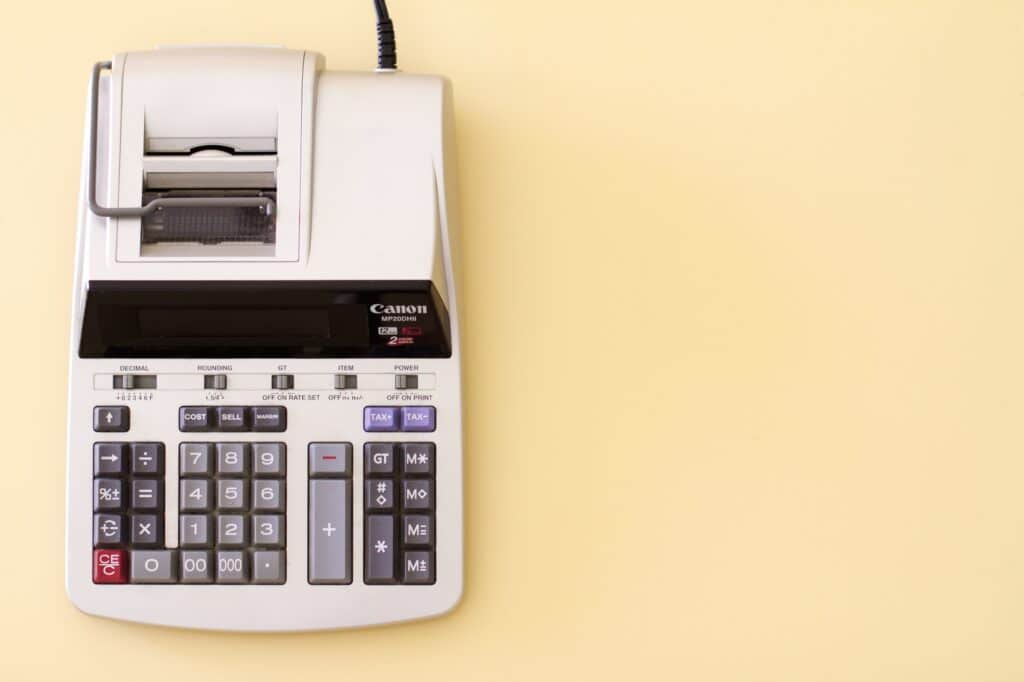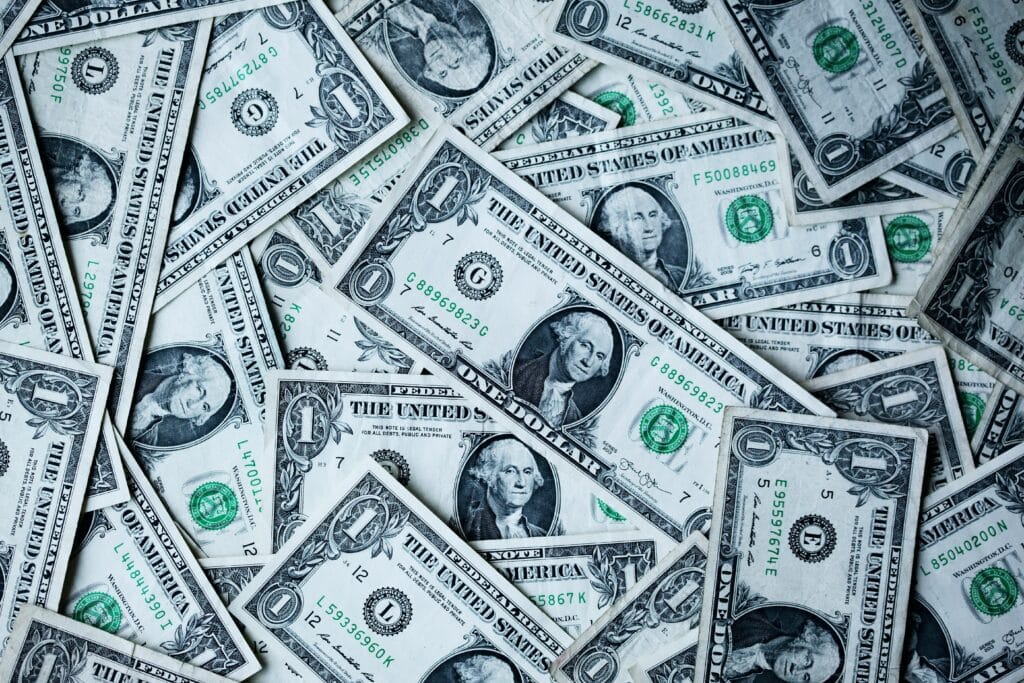
Fun fact: winning Who Wants to Be a Millionaire doesn’t always mean becoming a millionaire. If you thought the contestants get to keep exactly the amounts they’ve won, you’re sadly mistaken. The government finds new ways to tax our income all the time, no matter how that income comes about.
So, why are your winnings on Who Wants to Be a Millionaire not tax-free? What about game shows in general? How does it work in the US as opposed to other countries? Let’s talk about it!
Is Who Wants to Be a Millionaire Tax-Free?
Peter Sarrett, a one-time contestant on Who Wants to Be a Millionaire, confirmed that the money you win on the game show is not tax-free. According to him, you get your winnings in a lump sum. Technically, any contestant will walk away with exactly the amount they’ve won on the show. What happens later is less fun. You must pay taxes on your winnings.
Are Game Show Winnings in General Taxable?
Yes, game show winnings are taxable, much like lottery and gambling winnings. Both are simply considered taxable income. A fun fact that might outrage some people is that even prizes like cars and houses are taxable!

Let’s say you win a lavish vacation or a brand-new car. You have to report the prize’s cash value to the IRS and pay taxes. It’s not uncommon for contestants to accept these prizes only to realize that they cannot afford to cover the cost of the taxes. If that is the case, you can always decline the prize, as sad as that may feel. Counter-intuitively, doing so will actually save you money!
What Is the Average Amount of Taxes You’ll Pay in the US?
The average amount of taxes you’ll pay on your game show prize will depend on several factors. Consider the amount you’ve won, your state, your tax bracket, and any deductions you might be eligible for based on your situation. Right off the bat, the IRS will probably take 25% of your income regardless of your tax bracket. After that, you are facing additional fees and charges. At the same time, you can ask for some of that money back in your tax return, depending on your situation.
The exact amount you’ll have to pay in taxes depends on the amount you’ve won. For instance, if your winnings exceed $600, which is usually the case with Who Wants to Be a Millionaire contestants, you need to fill out a 1099-MISC tax form. Naturally, the bigger the prize, the more you’ll have to pay.
Federal and income taxes are the two main types of taxes you must pay. Luckily for some people, multiple states do not have income taxes at all. Residents of Alaska, Florida, and Nevada—rejoice!

Many states have tax brackets. That means the more money you’ve earned, the higher the tax you’ll have to pay on each dollar of your taxable income. Other states have a flat rate that doesn’t change depending on the amount that’s being taxed. If you live in one of those states, like Arizona or Colorado, you will probably end up paying less in income taxes on your million dollars than the folks living in states with tax brackets, such as California and Hawaii.
Because so many factors are at play, it is very difficult to estimate how much the average contestant would take home after a successful game. A user on a Quora thread estimated that the average player would keep a little over $650,000. If you’re looking for a more specific estimate, you can make a calculation depending on the prize amount and the state it’s being taxed in. As a rule of thumb, take 25% off the top. Then, calculate the tax based on the tax bracket or flat rate of your state.
What About Outside the US?
Each country has laws regarding how game show winnings are taxed and if they’re taxed. In Australia, for example, lottery winnings and prizes that are not game show winnings are not taxed. Game show winnings are. If you win an asset like a house, you don’t have to pay any income tax. However, you do have to pay taxes on any capital gains related to the asset, such as if you sell the house or rent it out.

In Canada, lottery winnings and game show prizes are not taxed. The situation is similar in the UK, where game show winnings, including winnings acquired on Who Wants to Be a Millionaire, are not taxed. It is the same in Germany, where contestants are not expected to pay income taxes on their game show winnings. However, those who win the lottery and choose to receive their prize in recurring payments instead of a one-off payment do have to pay taxes on that amount.
The Indian government taxes their residents’ income, including prize money from game shows. This applies to prizes over Rs. 10,000, which is equivalent to about $120.
Why Are the US Taxes So High?
Taxes are a controversial topic of conversation all over the country, as well as in the whole world. Wealthy investors and business owners are constantly looking for countries with low taxes and no taxes at all, otherwise known as tax havens. Workers in certain states and countries enjoy the benefits of lower tax rates, too, which allows them to earn more money even if their gross income doesn’t change.
Tax money is usually spent on improving the country. Many countries use their tax revenue to build safer roads and public schools, provide public health care, and make the country a better place for its residents. In the US, federal tax revenue is mostly spent on healthcare programs like Medicare, Social Security, and defense. Other areas include better infrastructure and the reconstruction of public places.
Generally speaking, the US doesn’t have the highest average taxes globally. Western European countries like Germany and France have higher taxes, while Eastern European countries like Bulgaria and Romania have lower taxes.
What Is the Most a Who Wants to Be a Millionaire Contestant Has Paid in Taxes?
Though contestants have won over a million on Who Wants to Be a Millionaire, let’s take a million dollars as our starting point. Surprisingly, not many people have reached that point! You would assume that the show has a ton of winners, like Jeopardy! and Family Feud. Because of the nature and format of the game show, and there being only one contestant, winning is a lot more difficult. At the same time, you can still win some money without getting through all the questions.
No contestant has spoken up about how much they’ve had to pay in taxes after collecting their prize money. If we consider the state with some of the highest income tax rates—California, a contestant that wins the full prize would have to pay almost $400,000 in taxes.
Final Words
If you’ve won Who Wants to Be a Millionaire, don’t get too excited; you’re not a millionaire yet! If you’re based in the US, the chances of you keeping the whole million are zero. Most of your winnings will go to the government, but you’ll get to keep the bigger part! That is to say that game shows are not as simple as they seem, and hidden fees are often involved.
How do you feel about taxing game show winnings? If you’re not based in the US, do they tax game show winnings in your country? Share your experience with us in the comments below!

And for more deep-dives on what they don’t tell you about game shows, check out these articles on why Jeopardy! contestants don’t get to keep their winnings, how much money Jeopardy! winners actually get, why Jeopardy! isn’t considered gambling, and how much money Ken Jennings makes hosting Jeopardy!
Leave a Reply